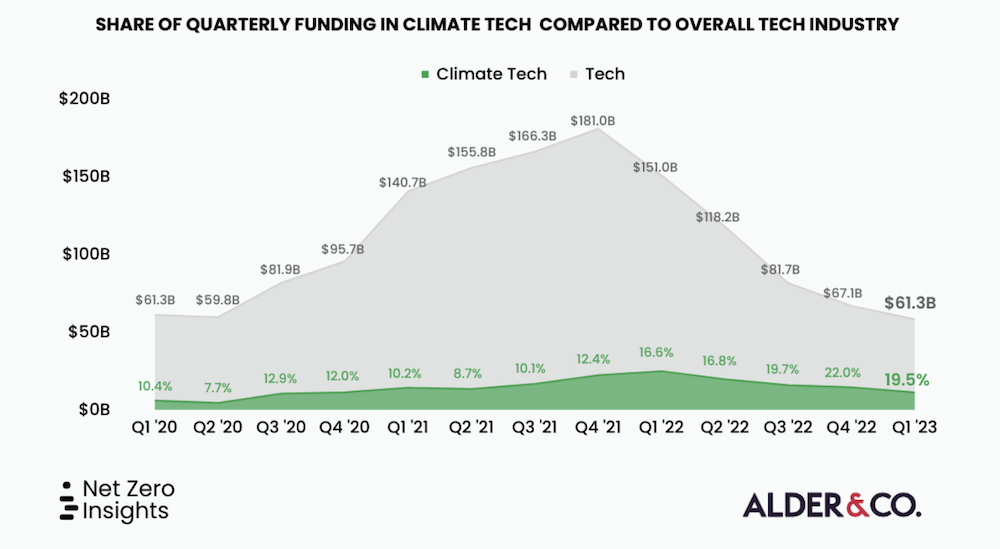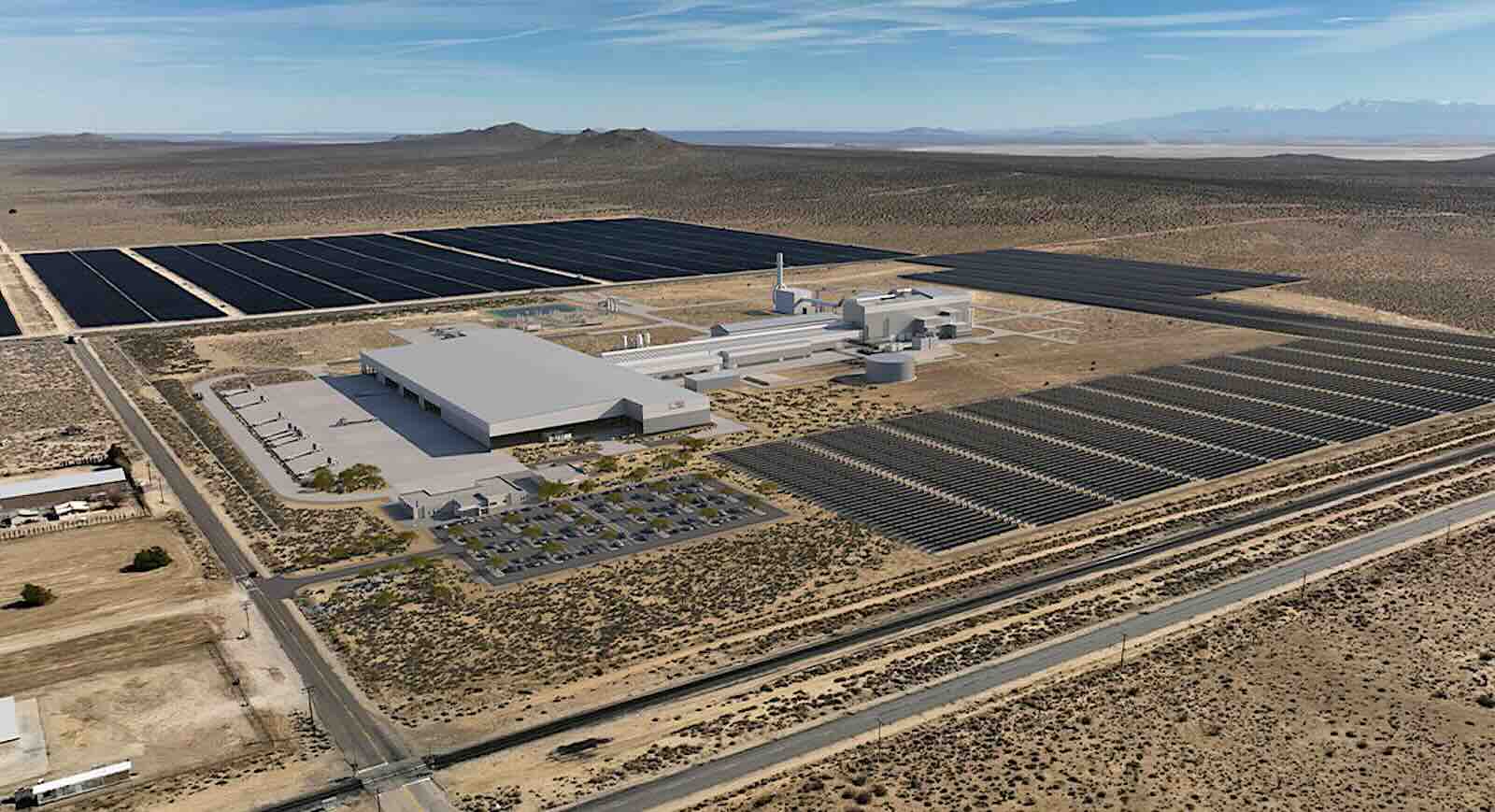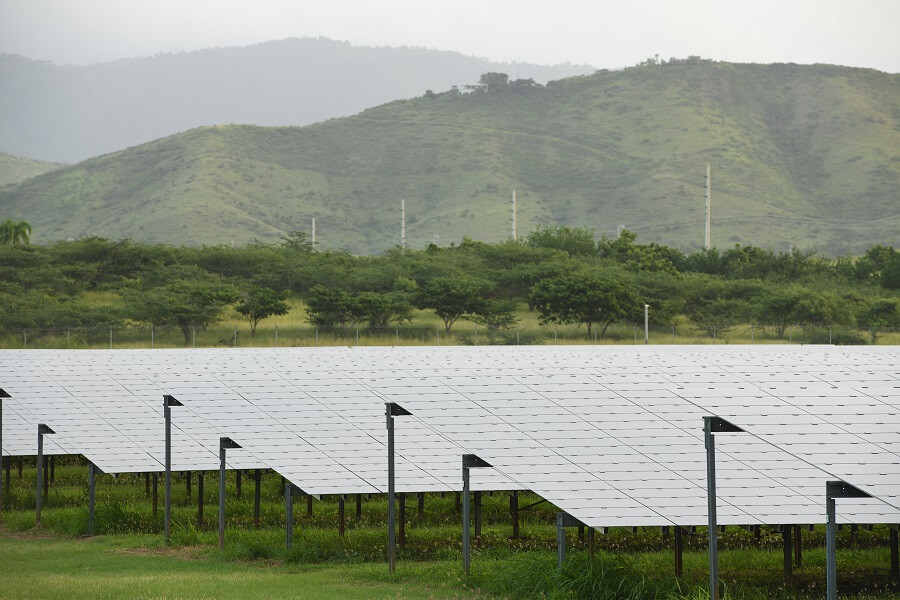ImpactAlpha, April 21 – Last year, climate tech investing was a bright spot in an otherwise challenging fundraising market. The talk among startups at San Francisco Climate Week made clear the bright spot has dimmed.
Data from Net Zero Insights shows climate funding suffered an even steeper drop than overall tech funding in the first quarter of 2023. Pitchbook called Q1 the worst quarter for climate VC in nearly three years.
“Venture capital is going through a bloodbath, and it will affect some climate investments,” acknowledged Abe Yokell of early-stage climate tech investor Congruent Ventures.
Valuations for later-stage companies were particularly hard hit.
Continuity funding
Congruent, which has invested in more than 60 climate tech startups since 2018, this week closed its $300 million “continuity fund” for follow-on investments in those companies. The fund allows Congruent to invest for longer, giving it more upside potential in promising technologies. It also addresses a funding gap for climate tech ventures at the early growth stage that predates last year’s venture funding downturn.
Beyond equity
Equity funding is crucial for startups as they’re building out products and business models, discovering market fit, and growing their teams, Yokell told ImpactAlpha. “But venture capital is just one part of the climate capital stack.”
Debt and grants are playing a greater role as equity investments have fallen, Net Zero Insights’ research and ImpactAlpha’s new co-investment tracker suggest. The Inflation Reduction Act, the infrastructure act, and the U.S. Department of Energy’s Loan Office are “creating pull into the space and enabling other forms of direct and indirect support,” said Yokell.
Forging ahead
“Climate tech cannot escape the ebbs of flows of venture and the markets,” tweeted Taj Ahmad Eldridge of Include VC and Jobs for the Future. “However I do believe it’s strongly positioned to regain steam sooner than later – mainly because more than just VC is providing capital to cleantech founders.”
Venture capital accounted for just $40 billion of the $1.1 trillion that financed climate tech last year.
Despite tough times, the space is only growing, said Yokell. “Having a greater purpose and mission keeps things real for people in tough times. With all of the tech layoffs, a lot of tech talent is seeking greater meaning and realigning their choices and careers around the climate.”












